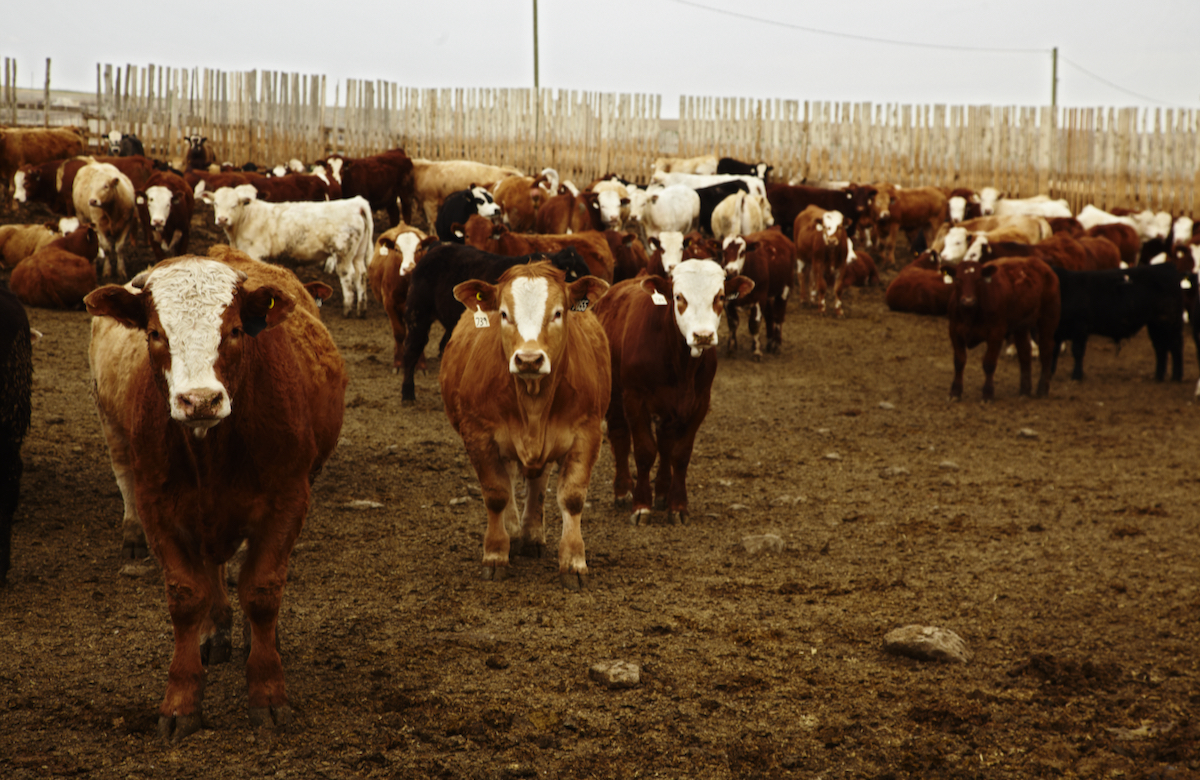Canada’s third largest beef export market will open its ports wider next month, as Japan formally moves to allow imports of Canadian and U.S. beef from cattle under 30 months of age.
Where Japan today allows imports of beef from Canada and the U.S. only from animals under 21 months of age — a market worth up to $75 million annually for Canadian exporters in recent years — the expanded access, now due to start Feb. 1, could double that amount to as much as $150 million per year.
The 21-month limit has posed a “significant challenge” to Canada’s beef producers, as the majority of Canadian calves are born in the late winter and early spring, which means few cattle qualify for Japan between December and April.
Read Also

U.S. livestock: Cattle at fresh highs, hogs weaken
Cattle futures on the Chicago Mercantile Exchange climbed to fresh highs on Tuesday, as tight supplies and the ongoing closure…
Japanese importers wanting to make longer-term supply deals would need a more consistent supply, so the expanded access “will essentially double the number of cattle that are eligible to produce beef for Japan and enable Canada to export on a year-round basis,” the Canadian Cattlemen’s Association said in a release.
Japan, which had slapped an outright ban on all Canadian beef after Canada discovered its first domestic case of bovine spongiform encephalopathy (BSE) in an Alberta cow in 2003, agreed on the 21-month limit in 2005.
Japan in December 2011 initiated a process to assess changes to its existing requirements for both domestic and imported beef. Canada, U.S., France, and the Netherlands self-identified to participate in Japan’s review process.
A final public consultation took place Monday, completing the Japanese public process related to amended import conditions for beef, the federal government said. Japanese officials at that meeting confirmed their agreement with Canada for expanded access effective Feb. 1.
The new rules will still be “more restrictive” than those recommended by the World Organization for Animal Health (OIE) for “controlled risk” countries. However, they represent “a landmark step along the road to the restoration of normal trade,” the Canadian Meat Council said Monday in a separate release.
CCA president Martin Unrau, a rancher at MacGregor, Man., noted the science determined by the OIE has never indicated Japan or any other country should impose a 21-month cutoff for beef related to BSE.
“We are confident that all Canadian beef is safe due to our BSE surveillance and strong control measures and it is gratifying to have the Japanese scientific community and health officials agree,” he said.
“Japan is an extremely important market and this expanded access will breathe new life into the Canadian beef cattle sector.”
While the Japanese have “high expectations for quality, they reward exporters who meet these expectations,” CMC executive director Jim Laws said Monday. The Reuters news service on Monday noted Australia’s beef producers have until now been the main beneficiary of Japan’s restrictions.
With Canada’s beef and veal exports to Japan already averaging more than 14,000 tonnes per year between 2010 and 2011, Japan could become as important a customer for Canadian beef as it is now for Canadian pork, the CMC said. Japan is Canada’s second-biggest pork export market.
All that said, Japan is now in the midst of a significant recession, which could push back against beef sales, according to Jim Robb, director of the Colorado-based Livestock Marketing Information Center, talking to Reuters on Monday.
Speaking of the U.S. market in particular, Robb said wholesale beef prices “will be record-high in 2013 because the U.S. cattle supply is still shrinking, and those higher prices tend to reduce sales. Still, it could be a net positive in terms of U.S. beef exports to Japan in the months ahead.”
Canada’s beef organizations and agencies on Monday hailed the “commitment and persistence” of federal Agriculture Minister Gerry Ritz and International Trade Minister Ed Fast, the Canadian Food Inspection Agency and federal agriculture and trade department staff for their work on this file.
“The removal of foreign barriers to Canadian agri-food exports is always a long and arduous undertaking that must be negotiated on a government-to-government basis,” CMC chairman Ray Price noted in the council’s release.
Related stories:
Japan seen easing beef import rules in early 2013, Sept. 6, 2012
Canada launches trade talks with Japan, eyes Thailand deal, March 26, 2012

















